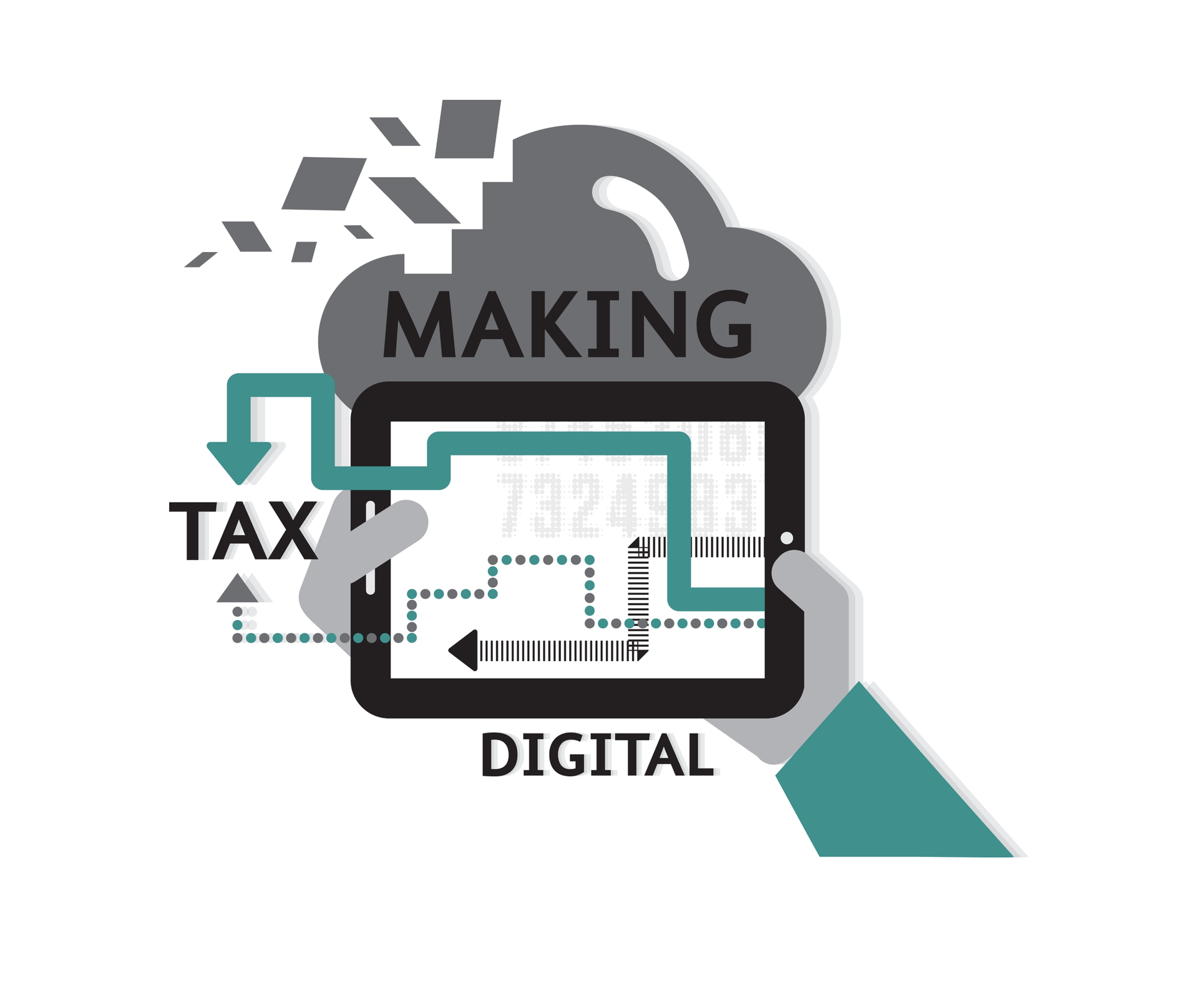
In his recent budget, Chancellor Kwasi Kwarteng announced that the 2017 and 2021 reforms to the IR35 off-payroll working rules are to be repealed.
Kwarteng said, ’Reforms to off-payroll working have added unnecessary complexity and cost for many businesses’. Few would argue and many have cause to celebrate.
Another change to IR35 means we are back to the original 2017 rules. The off-payroll working variants for the public sector (from 6 April 2017) and for large private sector organisations (from 6 April 2021) are to be scrapped. It will now be up to the directors of intermediary companies to decide whether there would be an employment relationship between the worker and the engager, if all intermediaries in the chain are ignored.
The IR35 tax legislation was designed to combat tax avoidance by workers supplying their services to clients via an intermediary (such as a limited company) but who would be an employee if the intermediary was not used. HMRC called such workers 'disguised employees'. In 2021, the legislation was extended to the private sector.
Why has the legislation been overturned?
In a nutshell, the legislation has been scrapped because it’s costly and hasn’t achieved its aims. Intended to combat what HMRC believed to be a significant loss of revenue to the exchequer, the reforms have made working as a contractor more difficult – not just because each person has to determine whether or not they are compliant with IR35, but also in trying to find work with an employer who would commit to them as a contractor under the new rules. For businesses, the legislation has added yet another administrative burden.
Research results released in April by the Association of Independent Professionals and the Self-Employed (IPSE) indicated that, ‘despite half of UK businesses stating that they could not achieve their level of growth and outcomes without the help of contractors, a significant number of companies (28%) had decreased the number of contracts they have given to freelancers since the reforms to IR35 in April 2021.’
When does the repeal happen?
The IR35 legislation will stay in place until April 2023. All businesses (except for those qualifying as ‘small’) are required to comply with IR35 until then.
Have a question?
We’ve worked with many contractors and businesses who have been affected by this legislation. If you have a question, please let us know. E-mail us at enquiries@torgersens.com and we’ll respond as soon as we can.
The information provided in this blog is for general informational purposes only and should not be considered professional advice. As far as we are aware, the content is accurate at time of publication. Torgersens assumes no responsibility for errors or omissions in the content or for any actions taken based on the information provided.




.jpg)



